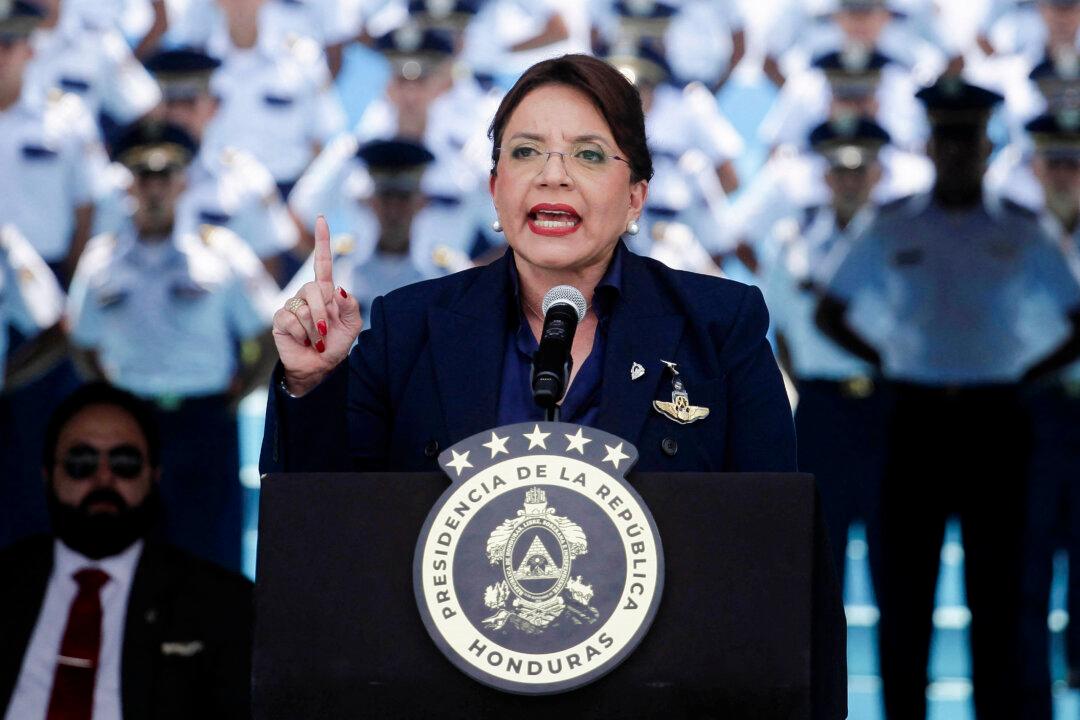Honduran President Xiomara Castro said she would consider shutting down a U.S. military base if the incoming Trump administration implements the mass deportation of Honduran nationals.
In a televised speech on Wednesday, Castro urged President-elect Donald Trump to engage in “constructive and friendly” dialogue rather than resorting to “unnecessary reprisals” against Honduran citizens.





